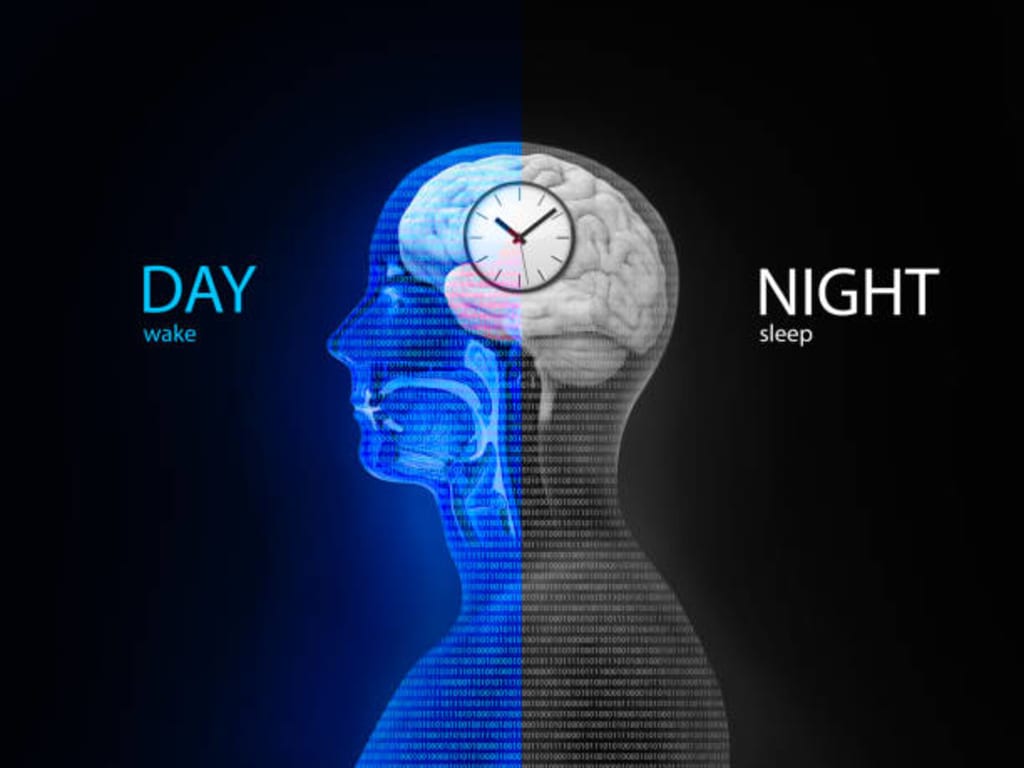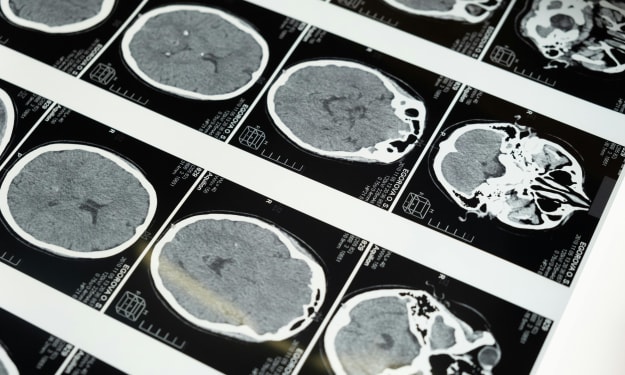Human Body Is A Bio-Clock
Exercise According To Your Bio-Clock

Exercise Physiology is the physiological responses and adaptations to exercise, including topics such as cardiovascular fitness, muscle performance, energy metabolism, and the effects of exercise on overall health. The study of how the body reacts to physical activity and changes to accommodate it. It focuses on the processes that underlie modifications in respiratory capacity, musculoskeletal strength, and cardiovascular function during exercise. According to recent studies, exercise promotes physiological changes like greater metabolic capacity, larger muscular fibres, and better cardiovascular performance. Exercise also causes the release of endorphins, which help with mood and overall well-being with respective to Bio-Clock. Furthermore, exercise physiology investigates the effects of exercise on specific groups, such as athletes, older adults, and those with chronic diseases, providing vital insights into personalized exercise prescription for maximum health and performance.
Circadian rhythms are biological processes that occur inside and control a variety of physiological and behavioural processes in living things, including people. Circadian rhythms, which have Latin roots "circa" (about) and "diem" (day), relate to the roughly 24-hour cycles that control our biological clock. Environmental signals like light and darkness, which help synchronise our internal clocks with the outside world, have a major impact on these rhythms. The Suprachiasmatic nucleus (SCN), a group of cells in the brain's hypothalamus, is at the center of circadian rhythms. The SCN acts as the body's main pacemaker, arranging and coordinating the timing of several physiological processes.
Additionally, I'll be discussing my recent findings and study on the impact of "Circadian Rhythms" on training effectiveness and exercise performance. Circadian rhythms are the 24-hour biological clock that controls a variety of physiological activities. The effect of circadian rhythms on exercise physiology and athletic performance is beginning to be revealed by recent studies. Examining how the timing of exercise sessions, such as morning versus evening exercises, can impact performance, muscle function, and recuperation, is one way to investigate this subject. Investigating how sleep duration and quality affect exercise results can also yield important information. Circadian rhythms influence a wide range of functions, including sleep-wake cycles, hormone secretion, body temperature regulation, metabolism, and cognitive performance. They optimize physiological processes to align with the demands of different times of the day and night. The sleep-wake cycle is one of the most well-known manifestations of circadian rhythms. The SCN receives information about light and darkness through the eyes and communicates with other regions of the brain to regulate the timing of sleep and wakefulness.
Circadian rhythms affect exercise performance in addition to sleep. According to research, our bodies function at their best at certain times of the day. Strength, power, endurance, and coordination can be impacted by daily changes in factors like body temperature, hormone levels, and muscle function. According to research, our body temperature and muscle function are at their highest in the late afternoon to early evening, which could boost workout performance during this period. The context of exercise can help guide training and performance optimization tactics. Exercise plans that take into account a person's chronotype (i.e., morning lark or night owl) and circadian preferences may improve exercise performance and lower the risk of injury.
Moreover, disruptions to circadian rhythms, such as irregular sleep patterns or exposure to artificial light at night, can have negative implications for overall health and well-being. They have been associated with increased risk of various health conditions. Here are a few diseases and health conditions that have been associated with disturbances in circadian rhythms:
Sleep Disorders: Circadian rhythm disorders, such as delayed sleep phase disorder, advanced sleep phase disorder, and shift work disorder, can lead to significant difficulties in falling asleep and waking up at desired times.
Insomnia: It refers to persistent difficulty falling asleep, staying asleep, or experiencing non-restorative sleep. Disruptions in circadian rhythms can contribute to the development or exacerbation of insomnia symptoms.
Mood Disorders: Disruptions in circadian rhythms have been linked to mood disorders like depression and bipolar disorder. Irregular sleep patterns, such as those observed in individuals with irregular work shifts, can disrupt the natural fluctuations in mood-regulating hormones and neurotransmitters.
Metabolic Disorders: Poor circadian rhythm regulation has been associated with an increased risk of metabolic disorders such as obesity, type 2 diabetes, and metabolic syndrome. Shift work and irregular sleep schedules can disrupt the body's natural metabolic processes, affecting insulin sensitivity, appetite regulation, and metabolism of glucose and lipids.
Cardiovascular Diseases: Disturbances in circadian rhythms, particularly through disrupted sleep patterns or irregular sleep-wake cycles, have been linked to an increased risk of cardiovascular diseases. These disruptions can negatively impact blood pressure regulation, heart rate variability, and other cardiovascular functions.
Cognitive Impairment: Chronic disruption of circadian rhythms, such as those experienced by night shift workers or individuals with sleep disorders, can lead to cognitive impairments. This includes difficulties with memory, attention, executive function, and overall cognitive performance.
Increased Cancer Risk: Disruptions in circadian rhythms, an increased risk of certain types of cancer, including breast, prostate, and colorectal cancers. The disruption of melatonin production, a hormone involved in regulating sleep and potentially having anti-cancer properties, is thought to be a contributing factor.
Your Bio-clock evolves as a result of a number of variables, such as heredity, lifestyle decisions, and environmental conditions. By maintaining a regular sleep-wake cycle, prioritizing healthy sleep habits, managing stress, and seeking treatment for sleep disorders, the harmful consequences of circadian rhythm disruptions on health can be diminished. Consultations with medical professionals can provide tailored guidance and treatments to address circadian rhythm-related issues and promote better overall health. These professionals might include doctors or sleep specialists.





Comments
There are no comments for this story
Be the first to respond and start the conversation.